Top 10 Travel Tips for Your First Visit to China
What to know before you land in one of the most fascinating (and complex) places on earth. Check out our Top 10 Travel Hacks for Your First Visit to China.
Still have questions after reading the guide? Feel free to book a quick consultation anytime.
Traveling to China for the first time can feel like stepping into another universe—in the best way. From futuristic cities and ancient landmarks to fiery cuisine and a mobile-first lifestyle, China is full of contrasts, surprises, and challenges if you’re not prepared.
Whether you’re visiting for business, adventure, or cultural discovery, here are some essential, experience-backed tips to help you hit the ground running—and avoid rookie mistakes.
1. Mobile Payments Are King—But Bring Cash, Too
In China’s major cities, cash is nearly obsolete. People use WeChat Pay and Alipay for everything—scanning the face or palm to activate the payment, from street snacks and metro rides to temple donations.
Before you go:
- Set up WeChat Pay or Alipay using an international bank card (now possible on updated versions)
- In rural areas or with elderly vendors, cash (RMB) is still necessary.
- Not all ATMs accept foreign cards. Try Bank of China or ICBC first, and always carry some backup cash for emergencies.
2. Language Gaps—Plan to Bridge Them
English proficiency in China varies greatly—and is often limited outside of major urban centers. Elderly people, taxi drivers, and small business owners typically don’t speak English, and even in big cities, fluent communication isn’t guaranteed.
How to prepare:
- Install a reliable translator app like Google Translate (with Chinese offline pack) or iTranslate.
- Consider bringing a pocket translator device if you’ll be moving around a lot.
- For peace of mind, especially on tours or day trips, hire a local English-speaking guide—they can make all the difference..
Having a way to bridge the language gap will help you solve problems faster, reduce misunderstandings, and get more out of cultural exchanges.
3. Timing Matters—Avoid Major Chinese Holidays
It’s no exaggeration: during national holidays, hundreds of millions of people in China hit the road all at once. If you’re visiting as a tourist, that means overcrowded attractions, skyrocketing prices, and booked-out transportation.
Holidays to avoid:
- Chinese New Year (Spring Festival) – Late January or February
- National Day Golden Week – October 1–7
- Labor Day – May 1–3 (sometimes extended)
Unless you’re visiting family or attending a business event during these periods, it’s best to travel during off-peak seasons (March–April or late October–December) for better access, lower costs, and more authentic local experiences.
4. Google Doesn’t Work—Plan Your Apps Accordingly
China has its own internet ecosystem. Google, Gmail, YouTube, Facebook, Instagram, and WhatsApp are all blocked. If you rely on any of these, you’ll need a workaround.
Before you arrive:
- Download Amaps (more accurate than Google Maps inside China, changing the settings to English or your mother language, though it has limited language choices). It is worthwhile to download as it is more than a map, but it also supports calling a taxi from several platforms.
- Install Pleco, the best offline Chinese-English dictionary with handwriting and voice recognition.
- Subscribe to a VPN service like LetsVPN if you need access to blocked platforms (set this up before landing in China). Some mobile companies also have a package including VPN, allowing you to bypass geographical restrictions and continue using apps restricted in China.
- Save local copies of your itinerary, addresses, and key phrases in both languages—just in case.
5. Mastering Transport: Trains, Taxis, and Navigation
China’s transport system is advanced, affordable, and (mostly) easy to use—with a little prep.
Bullet trains:
- For intercity travel, always take the high-speed train. It’s fast, punctual, comfortable, and far less stressful than flying.
- Fast and comfortable, but tickets sell out fast. Use Trip.com or 12306 (with translation help) and book 3–5 days in advance, you can book from the station counter to begin your first journey.
- Bring your passport when boarding—it’s required for train travel.
Taxis & ride apps:
- Taxis are generally affordable, especially outside tier-one cities. But English is rarely spoken by drivers.
- To make it easier, have your destination written in Chinese (on paper or your phone) as what FindChinaTour mentioned in Tips 4.
- Use Amap (Gaode Maps) with its built-in “Ride” button to hail cars within the app. Amap=Google Map +Uber
- The DiDi app is also widely used and offers an English-language interface, making it more convenient for international travelers.
Public transportation:
- Subways in most major cities are efficient, clean, and cheap. Signage is usually bilingual, and mobile payment or transit cards can be used.
- Public transportation is part of the journey—so explore a variety of transit options to enrich your travel experience. In Changsha, try the middle and lower speed maglev trains at Huanghua Airport, metro cars, and the light-rail service connecting downtown Changsha to Wangcheng District. In Chongqing, take advantage of the scenic water routes. And don’t miss Changsha’s distinctive double-decker buses. Blending different modes of transport proves that the destination is only part of the adventure.
6. “Mild” Spicy Often Isn’t
China’s regional cuisines are incredible—but also surprisingly intense, especially in Sichuan, Hunan, and Yunnan. Even dishes labeled “light spicy”, or “mild spicy,” can be extremely hot by most standards.
Tips for your stomach:
- Water won’t help with spice—drink yogurt or soy milk instead.
- Don’t be afraid to try local food, but start slow and read the room. Locals might eat chili oil by the spoonful, but that doesn’t mean you have to.
- If you can’t eat spicy food, learn the phrase “no spicy” in Chinese: “bù yao là”.
7. Interact with Local
These essential phrases enable you to communicate with the locals and gain popularity among them. It is not necessary but it will greatly enhance your experience as a first-time traveler in China:
Daily Greetings & Common Questions
- Hello – nǐ hǎo
- Thank you – xiè xiè
- How much? – duō shǎo qián?
Asking for Directions
- Where is …? – zài nǎ lǐ?
- Turn left – zuǒ zhuǎn
- Turn right – yòu zhuǎn
- Where is the toilet? – xǐ shǒu jiān zài nǎ lǐ?
Bargaining & Shopping
- Bargaining & Shopping – pián yi diǎn
- Can I try? / Can I have a try?-kě yǐ shì yí xià ma?
Emergency Phrase
- Help me! – bāng bāng wǒ / qǐng bāng wǒ!
8. Emergency Numbers—Know Who to Call
While China is generally very safe for travelers, it’s important to be prepared just in case.
National emergency numbers:
- 🚓 Police: 110
- 🚒 Fire: 119
- 🚑 Ambulance: 120
Most emergency operators speak limited or no English, so if you’re in a bind, try to get help from a local or nearby hotel staff. You can also ask your hotel concierge to write down the address and emergency details in Chinese in advance.
9. Avoid Tourist Scams—Stay Street Smart
Tourist-targeted scams still exist in some areas, especially near airports, train stations, and major attractions. Stay alert for these common traps:
- Overpriced taxis: Always insist the driver uses the meter, and verify your route using Amap or Baidu Maps. If they refuse, find another taxi or use DiDi.
- Dishonest tour agency and facked packages: Some agencies—especially those advertising at petrol stations, roadside rest areas, or via some social media accounts—offer very low tour prices to lure you in. These often turn into forced shopping trips where tourists are pressured to buy overpriced souvenirs, tea, or medicine.
10. Pack Like a Local
Beyond clothes and toiletries, here are must-haves for surviving and thriving in China:
- Portable charger: You’ll rely on your phone for navigation, translation, and payments.
- Flash chargers: Power banks purchased overseas may not be allowed on domestic flights in China, as they might lack the required 3C certification. Instead, flash chargers can be a suitable alternative and you can get your facility fast charged at eating time in a restaurant.
- Comfortable walking shoes: You’ll walk more than you expect, and stairs are everywhere for mountains like Zhangjiajie.
- Tissues/toilet paper: Public restrooms often don’t provide toilet paper—and if they do, it’s usually at the entrance, not inside the stalls. In most cases, they also don’t have handheld bidet sprayers.
- Hand sanitizer: Soap or sanitizer is not guaranteed, especially in less modern facilities—so bring your own.
- Empty stomach: Leave room for the food adventure of a lifetime.
Final Words
Yes, China can be overwhelming. The crowds, the unfamiliar language, the sensory overload—it’s a lot. But it’s also one of the most rewarding destinations you’ll ever visit.
You’ll leave with:
- A more adventurous palate
- A phone full of surreal, unforgettable moments
- And strong opinions about which region has the best dumplings (hint: all of them do, in different ways)
Have you traveled to China recently? What survival tips would you share with first-time visitors?
Let’s connect—especially if you work in global mobility, cross-cultural travel, tourism, or international business. I’d love to trade insights, hear your stories, and help more people experience China with confidence.
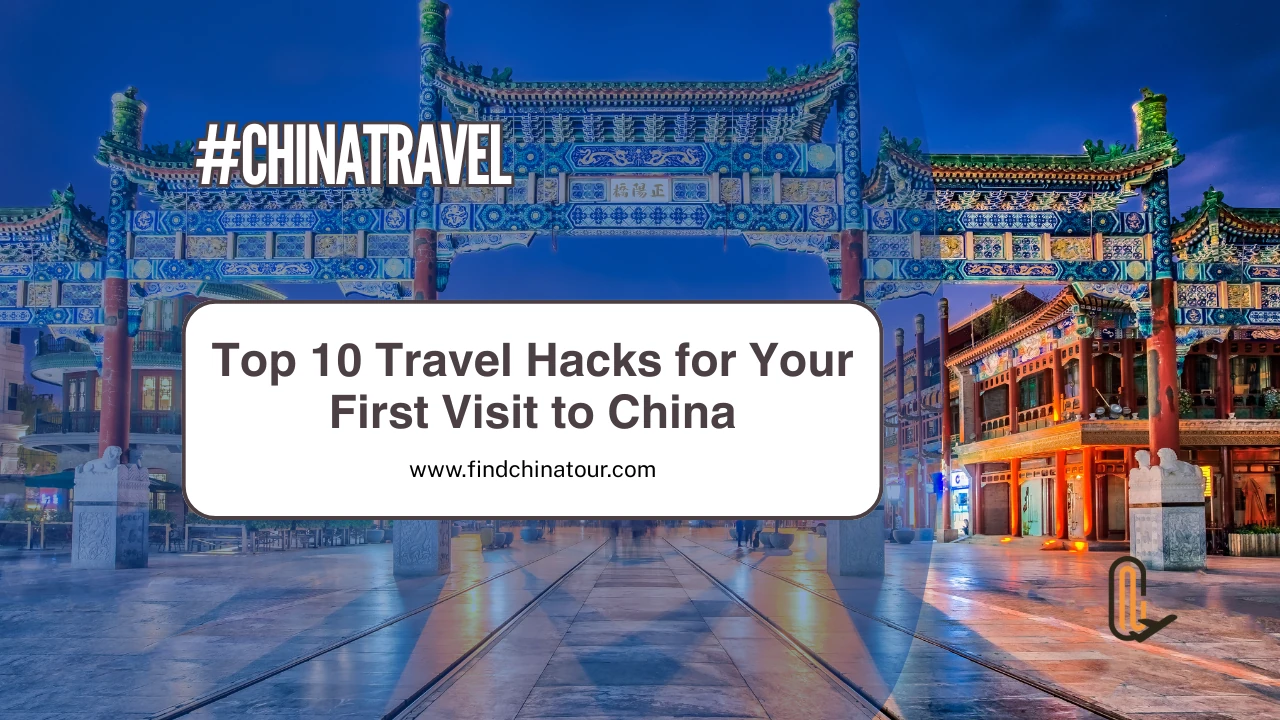
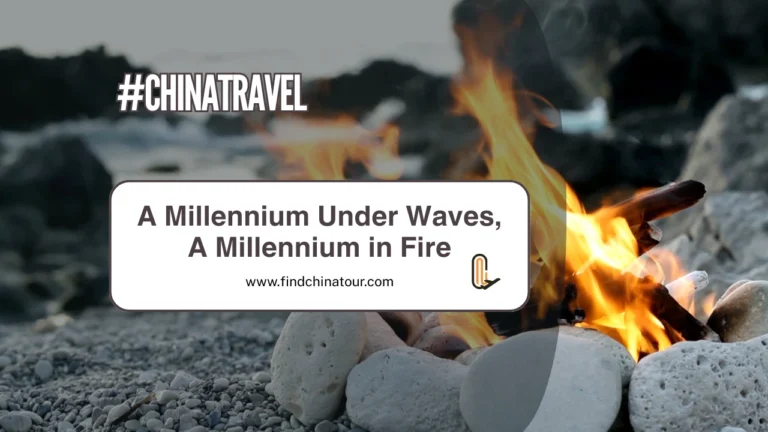
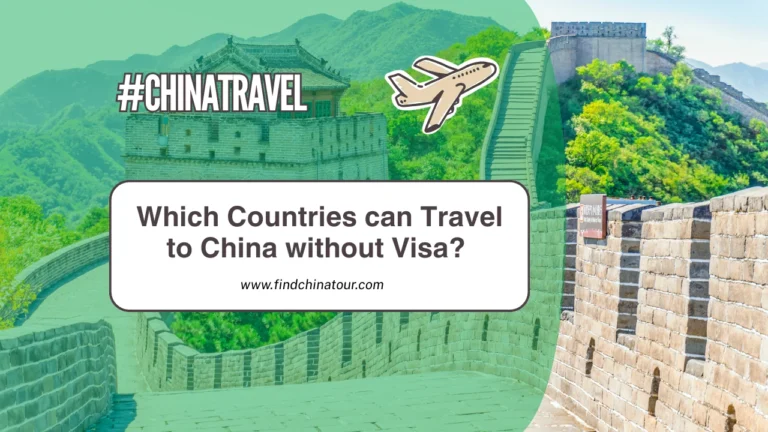
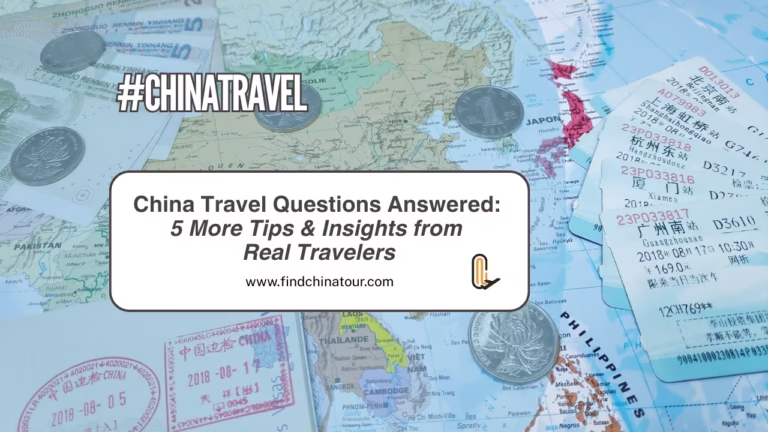
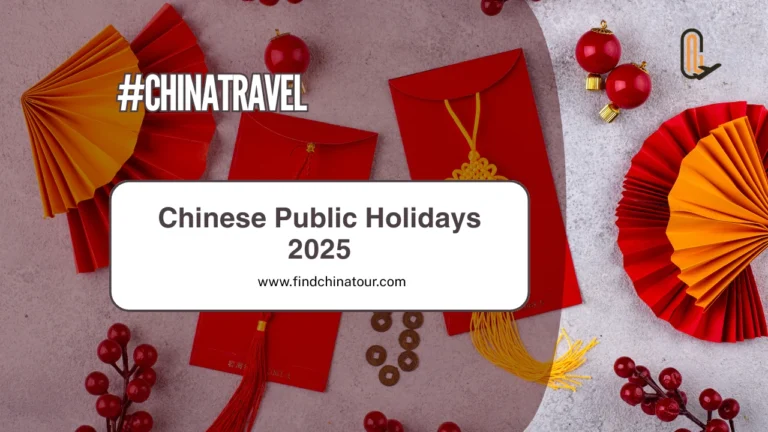
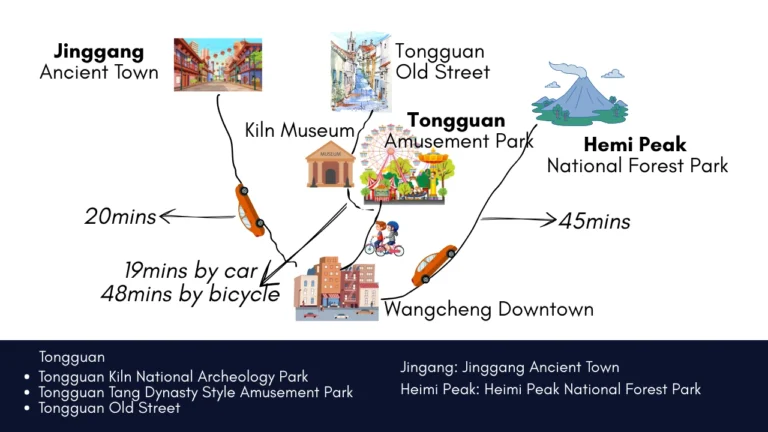
Very good and thanks for the information easy to understand. Recommended for first-time travelers to China.